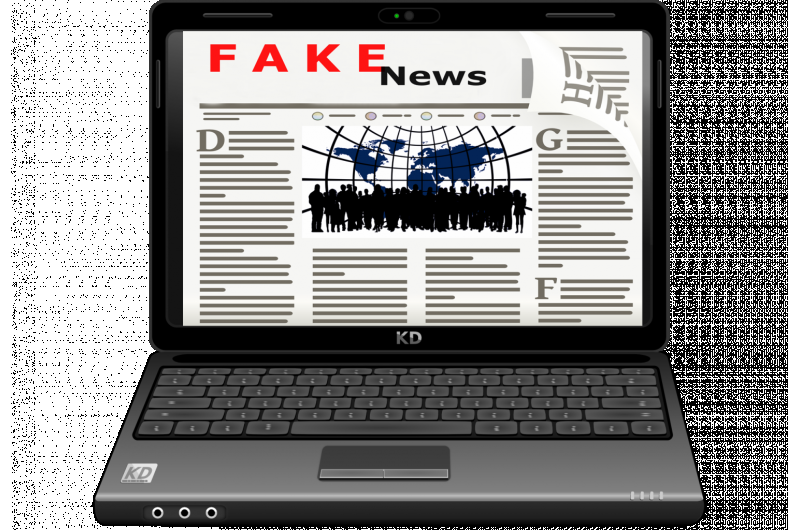This article has been reviewed according to Science X's editorial process and policies. Editors have highlighted the following attributes while ensuring the content's credibility:
fact-checked
trusted source
proofread
Computer game helps students get better at detecting fake news

A computer game helped upper secondary school students become better at distinguishing between reliable and misleading news. This is shown by a study conducted by researchers at Uppsala University and elsewhere.
"This is an important step towards equipping young people with the tools they need to navigate in a world full of disinformation. We all need to become better at identifying manipulative strategies—prebunking, as it is known—since it is virtually impossible to discern deep fakes, for example, and other AI-generated disinformation with the naked eye," says Thomas Nygren, Professor of Education at Uppsala University.
Along with three other researchers, he conducted a study involving 516 Swedish upper secondary school students in different programs at four schools. The study, published in the Journal of Research on Technology in Education, investigated the effect of the game Bad News in a classroom setting—this is the first time the game has been scientifically tested in a normal classroom.
The game has been created for research and teaching, and the participants assume the role of spreader of misleading news. The students in the study either played the game individually, in pairs or in whole class groups with a shared scorecard—all three methods had positive effects. This surprised the researchers, who believed students would learn more by working at the computer together.
"The students improved their ability to identify manipulative techniques in social media posts and to distinguish between reliable and misleading news," Nygren comments.
The study also showed that students who already had a positive attitude towards trustworthy news sources were better at distinguishing disinformation, and this attitude became significantly more positive after playing the game. Moreover, many students improved their assessments of credibility and were able to explain how they could identify manipulative techniques in a more sophisticated way.
The researchers noted that competitive elements in the game made for greater interest and enhanced its benefit. They therefore conclude that the study contributes insights for teachers into how serious games can be used in formal instruction to promote media and information literacy.
"Some people believe that gamification can enhance learning in school. However, our results show that more gamification in the form of competitive elements does not necessarily mean that students learn more—though it can be perceived as more fun and interesting," Nygren says.
More information: Carl-Anton Werner Axelsson et al, Bad News in the civics classroom: How serious gameplay fosters teenagers' ability to discern misinformation techniques, Journal of Research on Technology in Education (2024). DOI: 10.1080/15391523.2024.2338451
Provided by Uppsala University



















